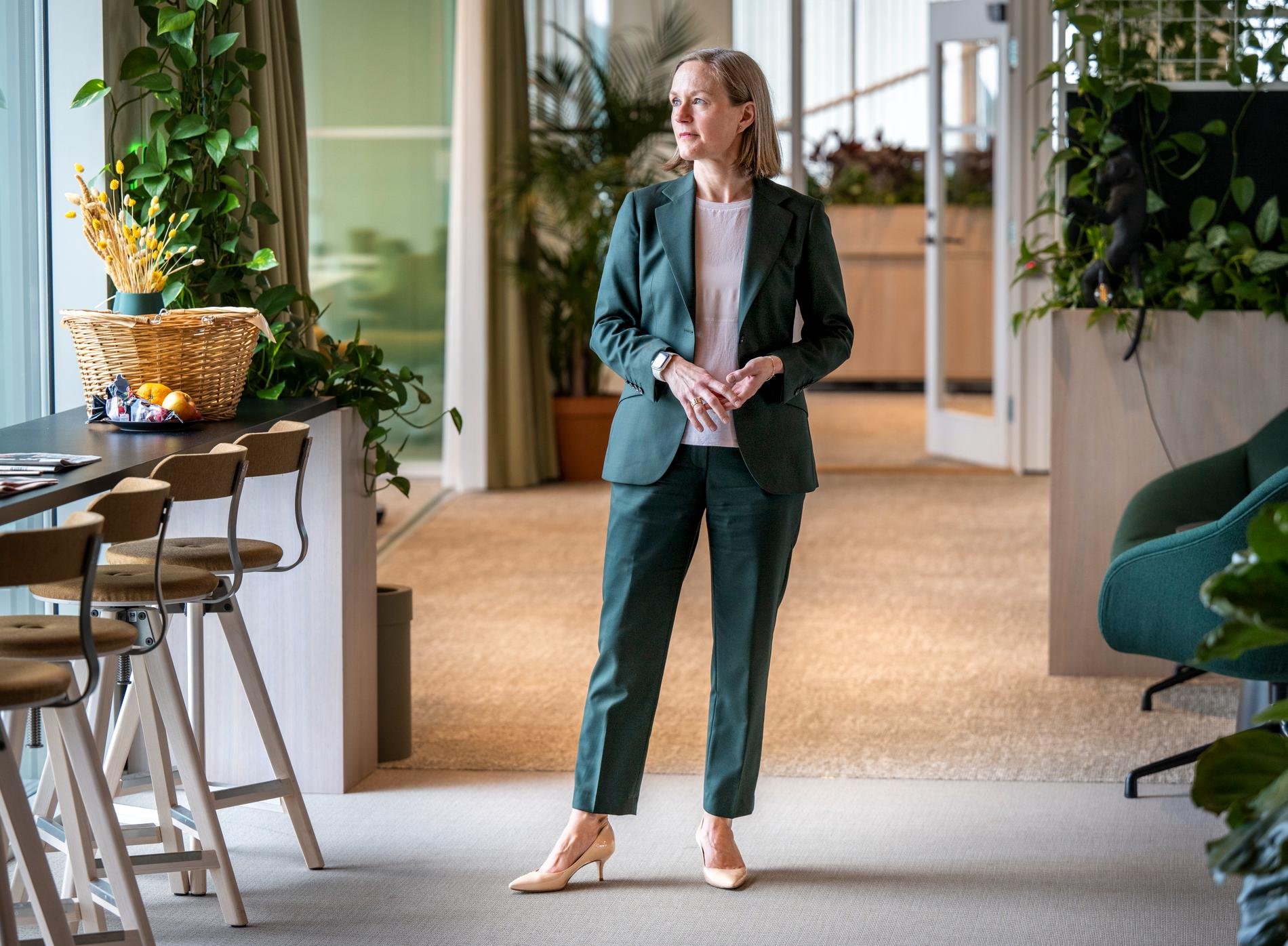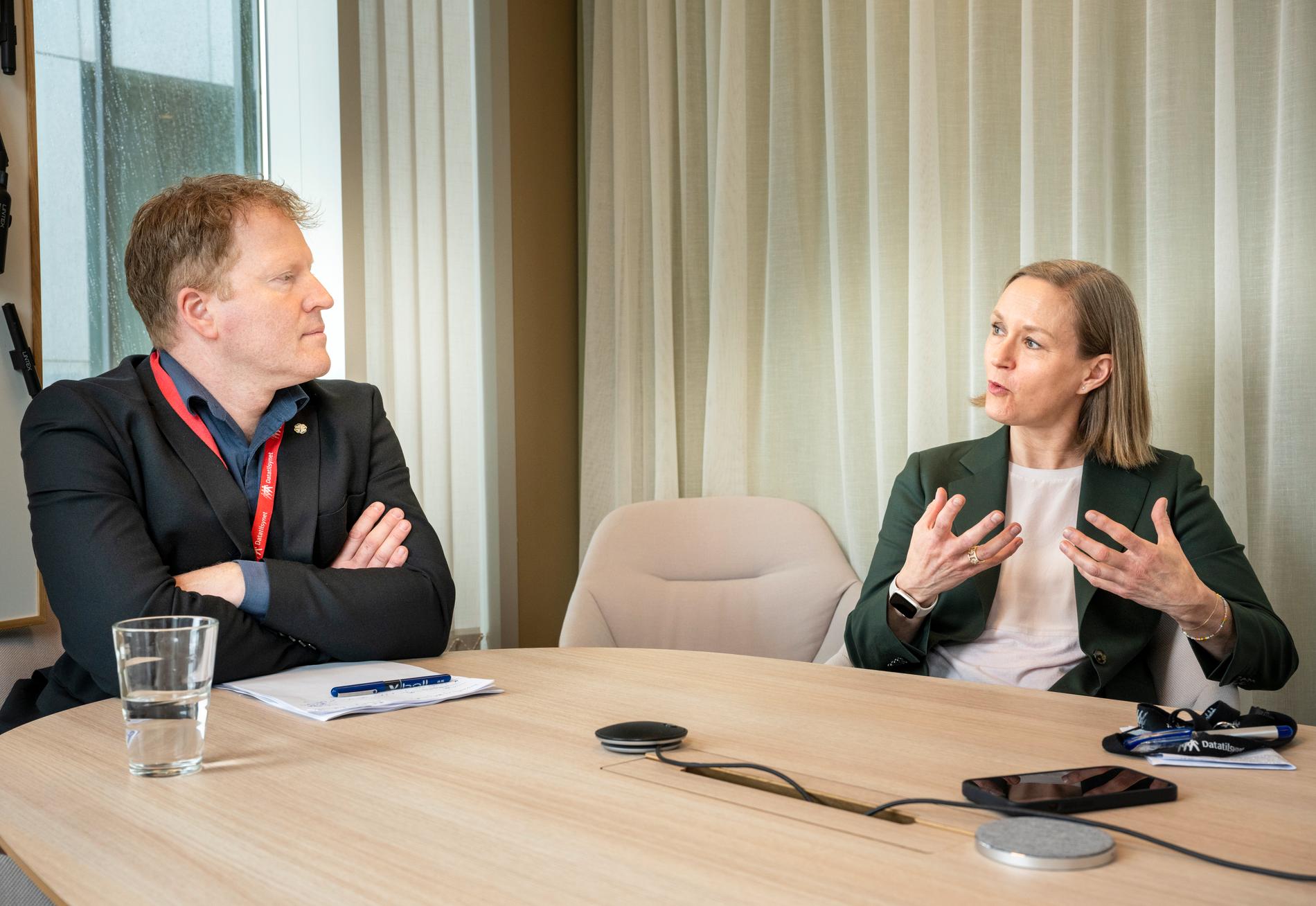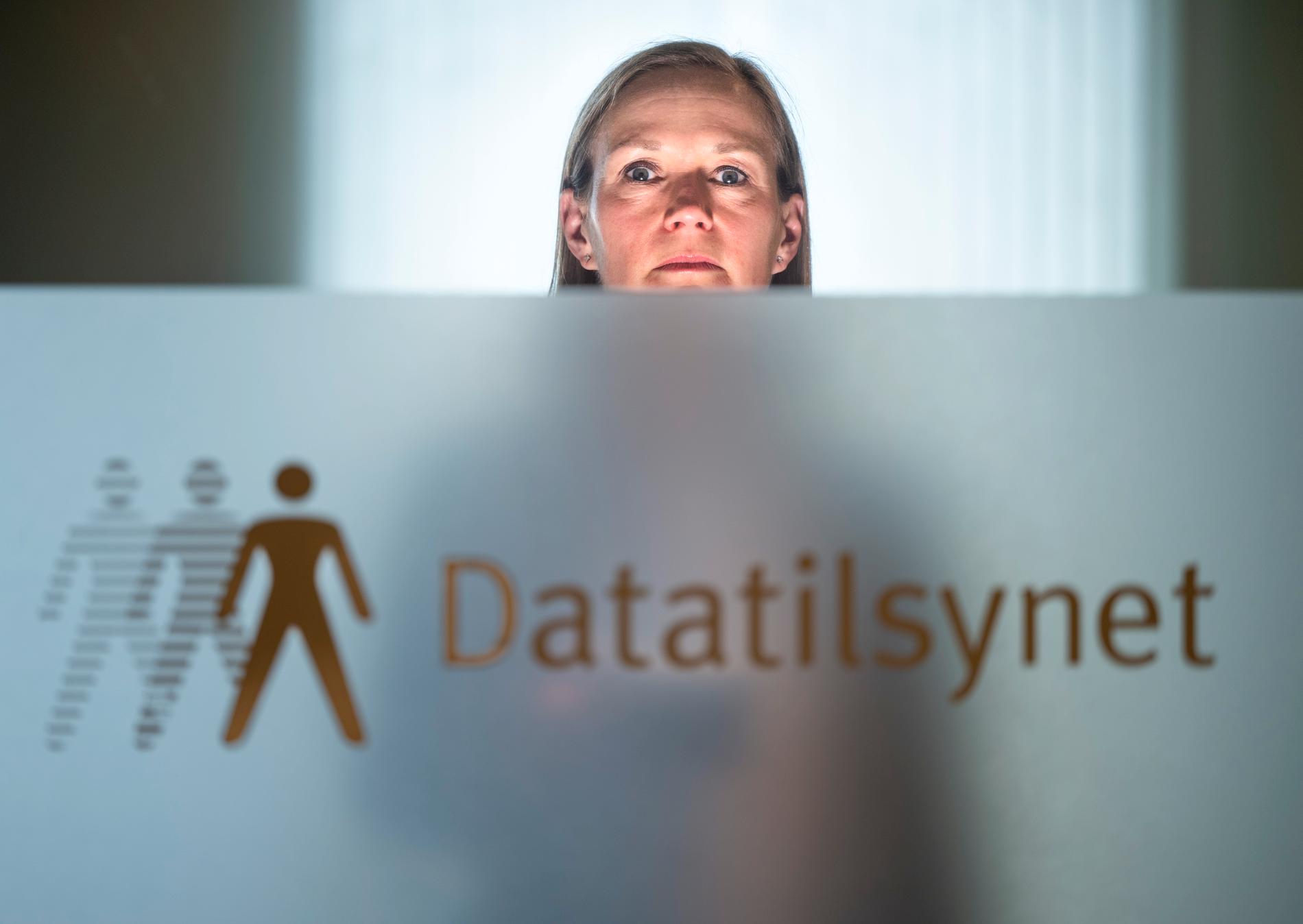The director of the Norwegian Data Protection Authority believes that the development of AI is progressing at such a rapid pace that it can be compared to the industrial revolution. She believes that the government is not doing enough to respond to the technological shift.
- Line Coll, director of the Norwegian Data Protection Authority, believes that the Norwegian government is not doing enough to respond to the development of AI.
- Laws and regulations move much slower than AI development and are often outdated by the time they are ready, she believes.
- Local Government Minister Sigbjørn Gjelsvik believes that stricter regulation is needed in some areas and will consider changing the regulations.
Line Coll, director of the Norwegian Data Protection Authority, has been working on privacy for almost thirty years – but has never been more concerned than today.
– For the first time in my career, the development that is taking place gives me a stomach ache. The rapid development of artificial intelligence, she said.
The Norwegian Data Protection Authority strives to protect the privacy of everyone in Norway. And precisely that privacy is challenged by the AI windfall we are now seeing in society.
– Privacy is a fundamental prerequisite of our democracy. Without privacy, there is no freedom of expression, no freedom of opinion and other rights that we take for granted today.

Go quickly
The development of artificial intelligence is described as being as important as the industrial revolution, says Coll.
– Artificial intelligence lives on personal data. Without data, without information, you don’t have artificial intelligence. That is why it is so important that we take the necessary steps now.
– What worries you the most?
– How fast is the development. And that we don’t get the necessary control over development that we should have.
– Is the government doing enough to respond to the rapid development of artificial intelligence?
– No. Development is moving so fast, and it’s hard to see that we’re getting results from the work we’re doing today. Digitalization and the development of artificial intelligence are moving so fast, while legislation and regulation are moving much slower and are therefore often outdated by the time they are ready, says Coll.

– Neither nor nor
Who in government is really responsible for artificial intelligence?
Yes, that’s Local Government Minister Sigbjørn Gjelsvik. He is responsible for what is known in the public sector as “information and communication technology (ICT)”. And therefore our spearhead in government to respond to the stormy development of AI.
– Do we need stricter regulation for artificial intelligence?
– Yes, in some areas we need it. But much of the regulation in Norway is technology neutral. This means that there are general rules which also apply to new technologies and new players.
– Artificial intelligence is not a question of either or, but of how, says Gjelsvik.
This summer, the Digitization Department launched a supervisor for the responsible use and development of artificial intelligence.
Gjelsvik points out that Haukeland Hospital has used artificial intelligence to perform more effective analyzes in the treatment of cancer, and that the technology can lead to many advances in society.
Gjelsvik points out that a lot of AI regulations are introduced internationally with other countries, for example in the EU.
However, Norway must also manage development on its own.
– I can’t wait to see if it is necessary to consider changes or to tighten the regulations, he says.
– I am very concerned that we do not have sufficient control over important and sensitive information about people in Norway, especially children and young people. There we need to have a greater awareness. Among other things, we have seen vast amounts of health information go astray.

Coll is only moderately impressed with the minister’s message.
– We talk about artificial intelligence as the new industrial revolution – and it’s happening. Then it’s unfortunate that we have politicians talking about assessing whether there’s a need to review regulation, she says.

“Devoted reader. Thinker. Proud food specialist. Evil internet scholar. Bacon practitioner.”







